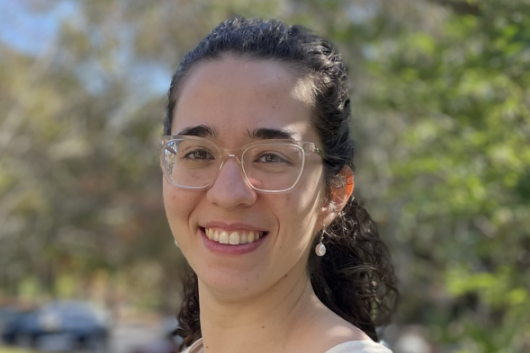
Speaker
Abstract: There are 140,000 new cases of blood cancers each year in the US and even more worldwide. Understanding the molecular and genomic origins of blood cancers can refine diagnosis, predict survival, and identify appropriate treatment. Large-scale projects profiling cancer genomes prioritized common cancer types, while other blood cancer genomics studies have been completed in an ad-hoc fashion. In my dissertation research, I describe advances made to systemic large-scale molecular profiling of blood cancers.
To identify cancer drivers in both protein-coding and noncoding regions of the genome, I designed two novel capture panels. I developed bioinformatics approaches to identify accidental sample switches, refine alignment methods, and prioritize genes as potential cancer drivers.
Translocations are a major class of blood cancer drivers, which occur when two chromosomes break and repair incorrectly by fusing to each other. Previous studies using sequencing data to identify blood cancer-related translocations had only moderate sensitivity for several of the translocations compared to the clinical test. I describe the development of a new translocation caller that is more sensitive to translocations in hypermutated regions that may have poor alignment to the reference genome, which is common in B-cell lymphomas.
Many patients with relapsed/refractory large B-cell lymphoma (R/R LBCL) have had success with chimeric antigen receptor T-cell (CAR-T) products approved by the FDA in 2017. However, a significant proportion of patients fail to respond to this highly expensive therapy and suffer from severe side effects while destined for poor survival. I applied the genomic methods I developed to identify predictors of resistance to CAR-T cell therapy in R/R LBCL. We found that complete response and survival were associated with clinical and molecular factors in the pre-treatment tumor.
Mentor: Sandeep Dave, M.D. This will be a hybrid defense.
Zoom link: https://duke.zoom.us/j/98151115910?pwd=bldUcXcxdGlHbFQyZUExRnlZQnJrZz09
Meeting ID: 981 5111 5910
Passcode: 928619